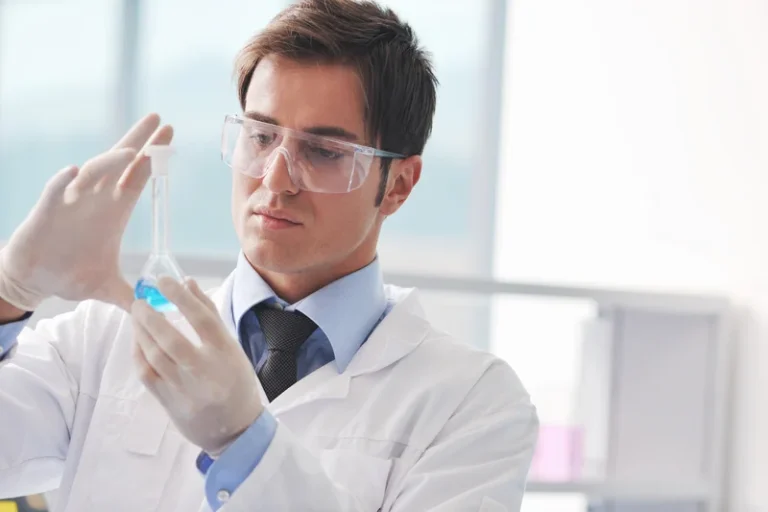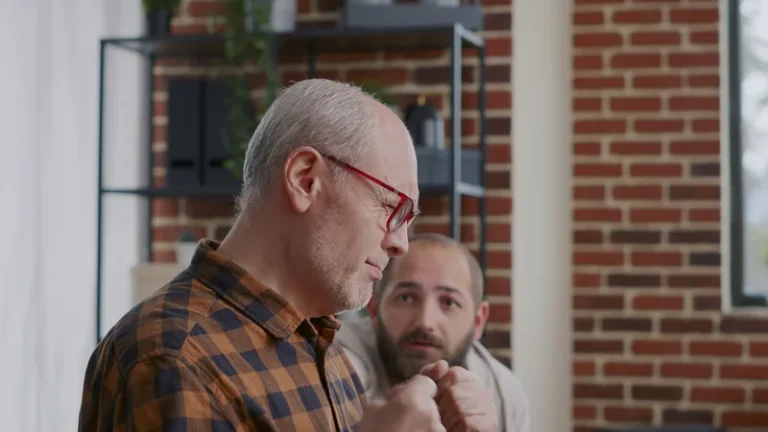
When that person cuts out alcohol, there is a period when their brain hasn’t yet received the message and still overproduces the stimulating chemicals. With alcohol out of the equation, though, these chemicals cause withdrawal symptoms. Once the initial symptoms of withdrawal have subsided, you may find that you have more energy than you did before you stopped drinking. This is because alcohol is a depressant, so when it’s no longer in your system, your body has more energy to work with. One of the best things about giving up alcohol is that you may find yourself feeling happier overall.
Your Liver Will Start to Repair Itself
Within just a month of not drinking, your body can begin to reap the benefits. Your liver can start to heal, your risks of heart disease and cancer go down, and you may begin to sleep better. Your doctor may also prescribe medications that can reduce withdrawal symptoms and cravings. Vivitrol (naltrexone), Campral (acamprosate), and Antabuse (disulfiram) have been FDA-approved to treat alcohol use disorder. If you have been drinking heavily and chronically, it is also a good idea to have your detox medically supervised to minimize your risk of potentially dangerous withdrawal complications. When you first stop drinking, your body will begin to detoxify itself.
How Does Alcohol Impact the Body?
For every drink you consume, have a large glass of water before moving on to your next. Coconut water is also a good option, given its high electrolyte content. Alcohol acts as a vasodilator, meaning it opens up your blood vessels. If your vessels over-dilate, they can burst, leaving you with small peripheral veins that can become permanently enlarged (you may notice these as broken red veins around your nose and on your cheeks). Team this with spiking insulin levels that cause inflammation and you’ve got yourself a recipe for acne. Lack of vasopressin also means blood vessels are less able to constrict.
It May Reduce Cancer Risk
This condition is serious and may lead to symptoms such as high blood pressure, tremors, and seizures. At this point, your risk of developing all types of disease will be reduced and your bone density will start to increase. Keep in mind that everyone is different and will what happens when you stop drinking alcohol experience different things when they stop drinking. The brain also begins to repair some of the damage and shrinkage you may have experienced while drinking. One study showed that after 6 weeks of abstinence from alcohol, brain volume increases by an average of 2%.

- You might feel a surge of excitement that you’re so close to achieving your goal of 30 days of sobriety.
- Stopping alcohol can make you feel happier by allowing you to experience positive emotions without alcohol.
- Low somatropin levels also lower moisture levels in skin cells, sending your complexion’s pH level off-kilter and plummeting below the level it should be, which is 5.5.
- Ask your doctor for help if you can’t ignore your desire for alcohol.
- As alcohol is broken down and metabolized by your body, toxins get released.
But you’ll need to be honest about how much you drink and how often. It’s no secret that excessive drinking is bad for your health—it can increase your risk of some cancers, heart disease, liver disease, depression and more. But even moderate drinking, defined by the Centers for Disease Control and Prevention (CDC) as two or fewer drinks for men per day and one or fewer drinks for women, comes with health risks.

Alcohol Withdrawal: How to Get Through It
These withdrawal symptoms occur because of overactivity of the central and autonomic nervous systems. For college students, being dry is the best thing to do,” he said. Depending on the person, Kumar said she sometimes suggests cutting back on alcohol to lose weight. “[The bottom line] is, protect the heart with [a] low amount of alcohol, but increase the risk of cardiovascular disease with high amount of alcohol,” Dasgupta said. Cirrhosis of the liver (severe scarring of the liver) can occur over time in those who drink excessively. “For patients who are left with cirrhosis after severe injury to the liver from alcohol, even one drink of alcohol is toxic to the liver,” cautions Dr. Lindenmeyer.

Seizures can occur, and an uncommon but dangerous condition called delirium tremens can happen at this point in withdrawal. Delirium tremens has a fatality rate of 37% if untreated and is considered a medical emergency. When you quit alcohol after using it consistently, your body spends about a week to a week and a half adjusting to its absence.
More on Substance Abuse and Addiction
New benefits will also become noticeable as you put withdrawal behind you. Alcohol withdrawal symptoms generally begin within 12–24 hours after your last drink. They will https://ecosoberhouse.com/ initially be milder, with a headache, tremors and mild anxiety being the first symptoms. While mild at first, they will begin to intensify as withdrawal progresses.
- While this depends on the amount of alcohol you have had over the years, your liver can see partial healing within two to three weeks, but this will depend on your health history.
- Then, the liver will become more and more abnormal, unless you stop drinking completely.
- But anything more than a drink or so a day has the opposite effect, especially if you abuse or are addicted to alcohol.
- You may not need to completely reinvent your life to quit drinking, but making a few changes in your surroundings to help avoid alcohol triggers can make a big difference.
There are many things that can affect your sleep—physically and mentally. But there are also things you can do to cope and improve your sleep. Alcohol use and poor sleep are closely linked because alcohol messes with your sleep-wake cycle. For one, drinking alcohol makes falling and staying asleep much harder.Alcohol also relaxes the muscles in your throat, so you’re more likely to have problems like snoring or disorders like sleep apnea.
